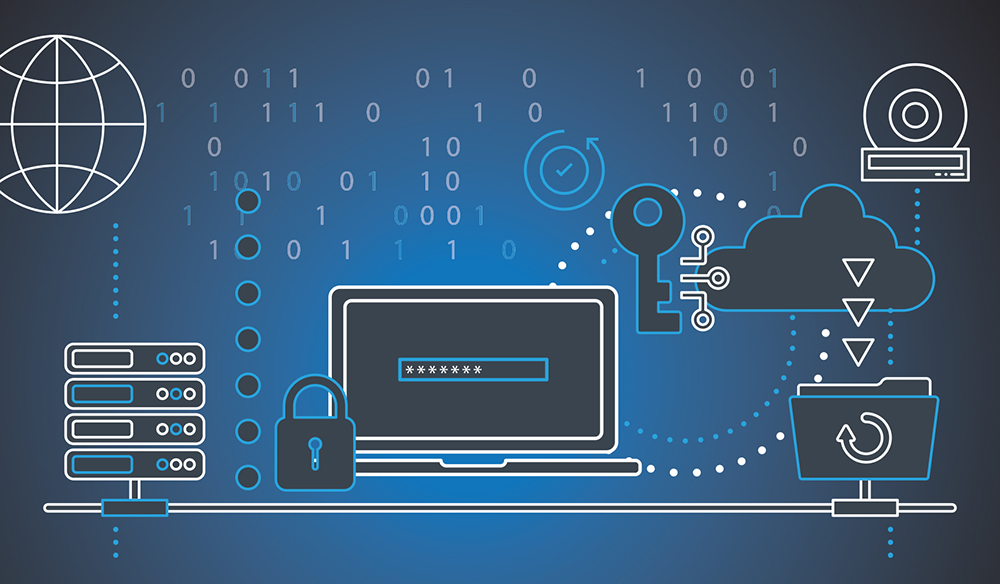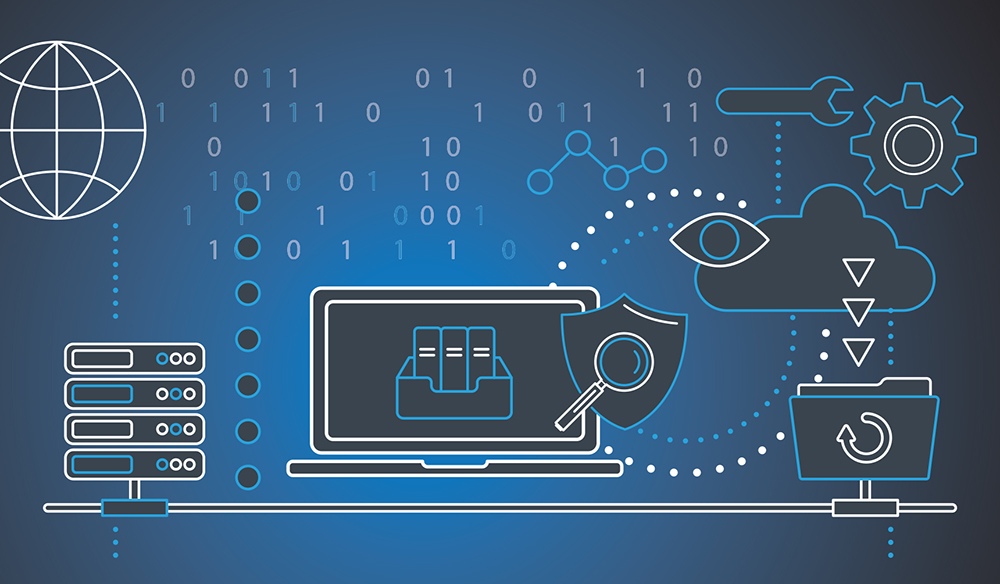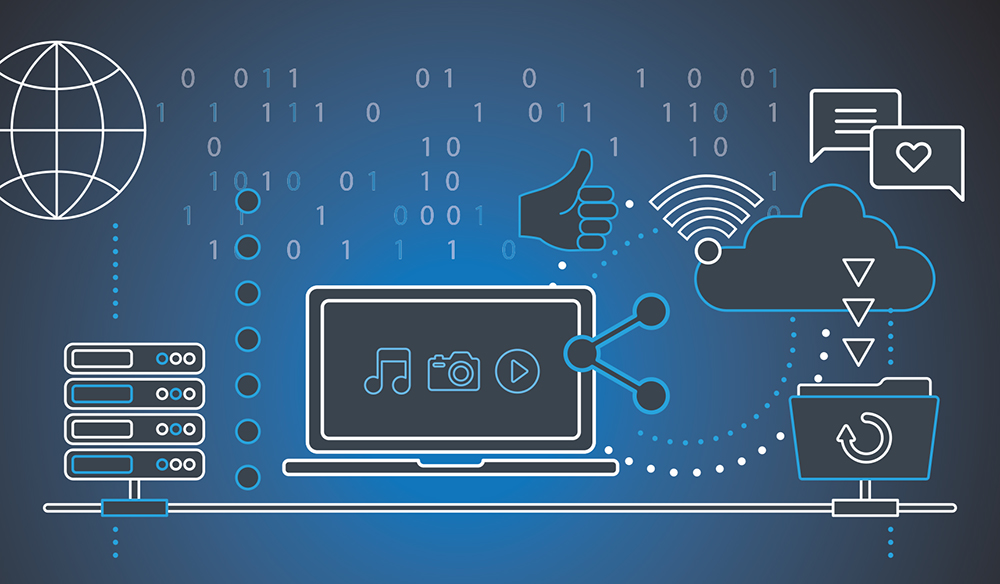The Digital Millennium Copyright Act
In 1998, Congress passed the Digital Millennium Copyright Act (DMCA), which amended U.S. copyright law to address important parts of the relationship between copyright and the internet. The three main updates were (1) establishing protections for online service providers in certain situations if their users engage in copyright infringement, including by creating the notice-and-takedown system, which allows copyright owners to inform online service providers about infringing material so it can be taken down; (2) encouraging copyright owners to give greater access to their works in digital formats by providing them with legal protections against unauthorized access to their works (for example, hacking passwords or circumventing encryption); and (3) making it unlawful to provide false copyright management information (for example, names of authors and copyright owners, titles of works) or to remove or alter that type of information in certain circumstances.
In 2020, Congress passed the Copyright Alternative in Small-Claims Enforcement (CASE) Act of 2020, which established the Copyright Claims Board (CCB) within the U.S. Copyright Office. The CCB is a voluntary, alternative forum to federal court designed for all types of creators and users of copyrighted materials. Eligible claims include those for misrepresentations in notices or counter-notices under section 512 of the DMCA, as well as for copyright infringement and declarations of noninfringement.
Section 512
Safe Harbors and the Notice-and-Takedown System
In the late 1990s, Congress recognized the legal uncertainty facing the nascent internet industry resulting from online service providers’ potential legal liability for copyright infringement that occurred on their services. To address this issue, Congress enacted section 512 of the Copyright Act, which (1) enabled copyright owners to have infringing online content removed without the need for litigation, and (2) facilitated the development of the internet industry by providing legal certainty for participating online service providers. Section 512 shields online service providers from monetary liability and limits other forms of liability for copyright infringement—referred to as safe harbors—in exchange for cooperating with copyright owners to expeditiously remove infringing content if the online service providers meet certain conditions.
Section 512 has several different requirements based on the types of activities in which the service provider engages. It also requires online service providers to designate an agent to receive copyright owners’ notices (and include the agent’s contact information on their websites and register them with the Copyright Office through the DMCA (Designated Agent Directory)). For more information and resources on how section 512 works, including sample takedown notices and counter-notices, see our Section 512 webpage.
Section 1201

Section 1201 and Anticircumvention
Section 1201 prohibits two types of activities. First, it prohibits circumventing technological protection measures (or TPMs) used by copyright owners to control access to their works. For example, the statute makes it unlawful to bypass a password system used to prevent unauthorized access to a streaming service. Second, it prohibits manufacturing, importing, offering to the public, providing, or otherwise trafficking in certain circumvention technologies, products, services, devices, or components.
Section 1201 establishes a triennial rulemaking process to allow for consideration of temporary exemptions to the prohibition on circumvention. In this process, the Librarian of Congress, following a public proceeding conducted by the Register of Copyrights in consultation with the National Telecommunications and Information Administration of the Department of Commerce, may adopt exemptions permitting circumvention for certain noninfringing uses of copyrighted works.
For more resources on section 1201, including a tutorial and the Register’s past recommendations, see our Section 1201 webpage.
Section 1202

Copyright Management Information Protection
Section 1202 makes it unlawful to provide or distribute false copyright management information (CMI) with the intent to induce or conceal infringement. CMI is certain information, including the title, name of the author and copyright owner, and terms for use of the work, conveyed in connection with copies, phonorecords, performances, or displays of a work. Section 1202 does not apply to authorized investigative, protective, information security, or intelligence activities of certain law enforcement, intelligence, or government agencies, and it provides exemptions to these prohibitions for certain analog and digital transmissions by broadcast stations or cable systems.
For more information, see the Office’s Report, Authors, Attribution, and Integrity: Examining Moral Rights in the United States, which includes a discussion on section 1202 as part of a larger review of authors’ moral rights.
